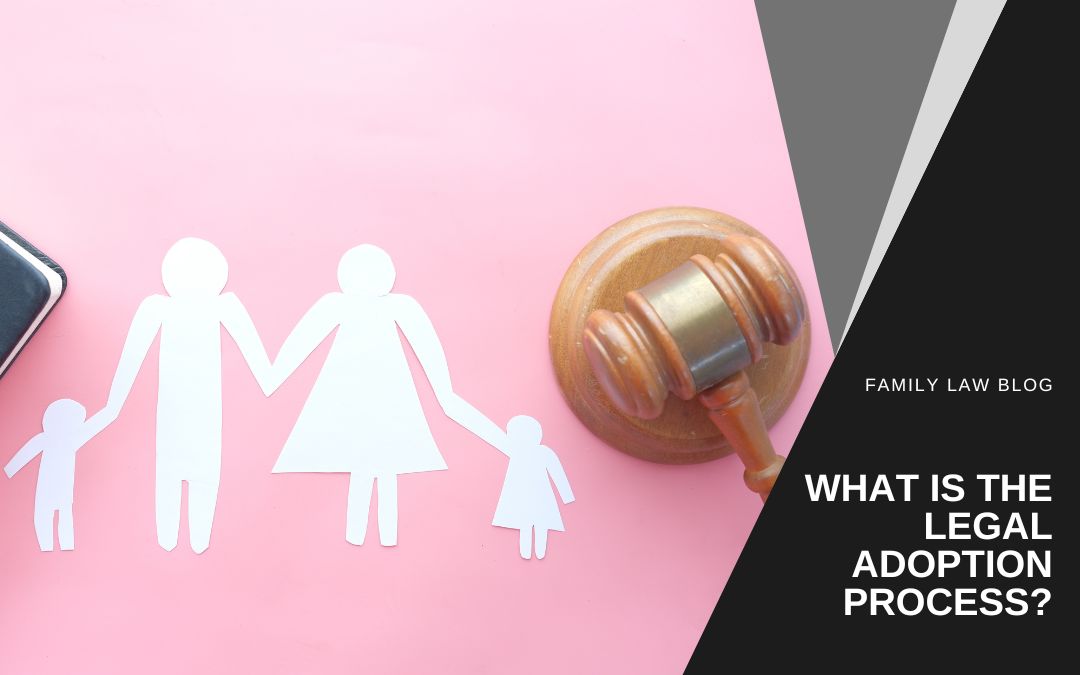The adoption process allows an adult to become the legal parent of a child who is not biologically their own. An adoptive parent accepts full custody and is legally responsible for the child’s support costs and obligations.
As part of the process, the biological parent or parents no longer have parental rights once the adoption is finalized. However, sometimes the birth parents can be awarded some rights if requested.
Additionally, most states require the consent of both biological parents listed on the birth certificate or have established paternity. An exception is if one biological parent is found unfit, has abandoned the child, or has failed to pay child support.
There isn’t one adoption code in the United States that applies throughout the country. Instead, each state has sets of regulations, laws, and policies. But some federal legislations also help inform adoption laws.
If you decide to adopt, you first must determine the type of adoption that is best for you.
Types of adoption
- Adopting through the foster care system
- Private adoption through an agency, often run by charities or social service agencies
- Identified or designated adoption, which is typically used when the birth and adoptive families have found each other but use an agency to oversee the process
- Relative adoption, which includes any adoption when the child is related to the adoptive parent by blood or marriage (such as a stepparent, grandparent, or aunt)
- International adoption
- Adopting an adult, often done for an inheritance, after a foster child has aged out of foster care, or when permanent caregiving is needed
Each type of adoption and state has its own requirements, such as waiting periods, rules, paperwork, and standards. These requirements are important to ensure everyone involved ends up with the best circumstances. So adoptive parents should carefully review the criteria involved in their specific situation.
Eligibility
For most states, a person is eligible to adopt if they are single or married, a stepparent (if their spouse has legal custody or permission from the other biological parent), at least 18 years old (although some states require adults to be older) and financially stable.
Some states also require adoptive parents to be state residents.
The U.S. federal law requirements for adopting from another country include:
- Being a U.S. citizen
- Being at least 25 years old if you’re unmarried
- Jointly adopting the child if you’re married
- Meeting suitability requirements that include allowing fingerprinting, criminal background checks, and a home study
International adoptions will also involve meeting your state’s requirements and the requirements of the specific foreign country.

